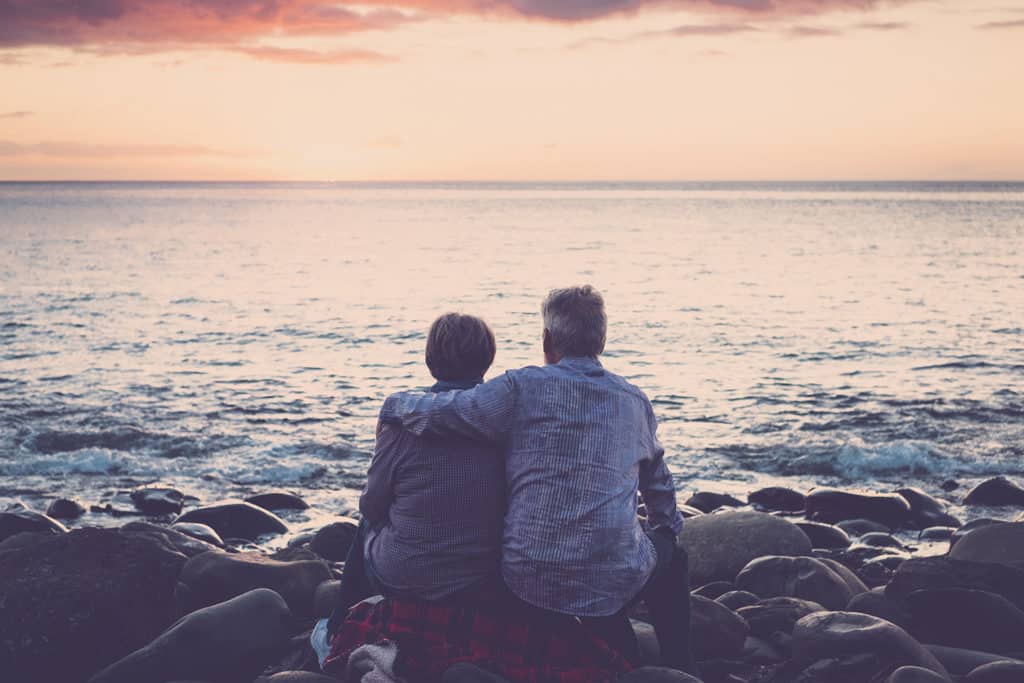There is mounting evidence connecting hospice care with increased quality of life for terminal patients and reduced stress for caregivers. According to Dr. Camilla Zimmermann, a palliative care researcher at the University of Toronto, patients and families enrolled in hospice for more than 30 days have experienced better quality of care at the end of life than those who weren’t.
“Candid discussions about end-of-life care with family and with the medical team caring for a patient need to happen sooner and in an ongoing manner,” says Dr. Preeti Malani of the University of Michigan in Ann Arbor. “There also needs to be greater recognition of palliative care (not hospice care) as complementary to curative therapies.”
A recent study found that families of terminally-ill cancer patients were more satisfied with end-of-life treatment of their loved ones, once enrolled in hospice care. The study included interviews from over 1,900 family members of deceased cancer patients. All of the patients were diagnosed with advanced lung or colorectal cancer and about half of these patients received hospice care for at least 30 days and reported better symptom relief, end-of-life care, and fulfillment of pain-management goals.
To see how hospice influences the way families perceive patients’ care, researchers compared interview responses from loved ones of hospice patients to responses from families members of similar patients who didn’t receive hospice care. While families of hospice patients reported more pain than other families, the people in the hospice group were more likely to report that their loved one received just the right amount of pain medicine.

According to the study,
- About 80% of families in the hospice group reported the amount of pain medicine was just right, compared with 73% of the families that didn’t use hospice services.
- 78% of families said the patient got the right amount of relief from breathing difficulties, compared with 70% for the non-hospice group.
- 80% of hospice families said patients’ end-of-life wishes were followed, compared with 74% in the other group.
- 57% of the hospice families said patients’ received excellent end-of-life care compared with just 42% of the other families.
Doctors are working to dispel the belief that hospice care is reserved for the very end of life. Studies have found that the earlier a patient can take advantage of hospice care the less pain they experience, the better their symptoms are managed, and the better quality of care they receive by providing comfort in an environment that the patient prefers.
Hospice care offers an alternative approach focusing on comfort and often delivers care within a home environment that many families prefer. Providing increased comfort and better pain management brings forth an end-of-life quality of care that allows patients to transition and die with more control and dignity than otherwise.
Click here to learn how you know when it’s the right time to call hospice care.
Additional Links:
http://www.foxnews.com/health/2017/01/05/hospice-care-linked-to-higher-family-satisfaction.html
Leave a Reply